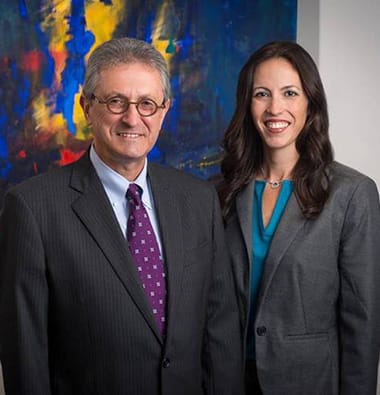According to a recent study by the National Center for Family and Marriage Research at Bowling Green State University in Ohio, older couples are just as likely to cohabit as they are to get married. Currently, a third of baby boomers are single — this means that many of them have likely gone through a divorce.
Divorce, for many couples, is emotionally and fiscally stressful. It can cause long-term issues that may cause a person to refuse a marriage proposal in the future. Instead, some of these older singles choose to cohabit and, according to the aforementioned study, this decision can succeed as a long-term alternative to marriage. Data examined during the research revealed that the number of older people cohabiting has doubled in the past decade — 1.2 million people in the U.S. over the age of 50 were cohabiting in 2000 as compared to 2.75 million in 2010.
Seven percent of people aged 50 to 64 years were living together in 2000, and 12 percent were doing so in 2010. According to the researchers, older people are avoiding marriage now more than ever. As already mentioned, a third of this age bracket are currently single. In 1980, only a fifth of people similarly aged were single.
The study appeared in the August issue of the Journal of Marriage and Family. According to its authors, the study used data from several sources, including the 1998 to 2006 Health and Retirement Study and the 2000 and 2010 Current Population Surveys. These allowed the study to examine the lives of 3,700 unmarried people older than 50 and approximately 400 people who chose to cohabit.
According to the study’s lead author, cohabiters often have stable relationships that produce financial benefits for both parties. One of these includes the continued receipt of a dead spouse’s Social Security benefits, which would be lost if the former spouse becomes married again.
Source: Philly.com, “More Baby Boomers Opting to Cohabit, Not Marry,” Randy Dotinga, Aug. 31, 2012



